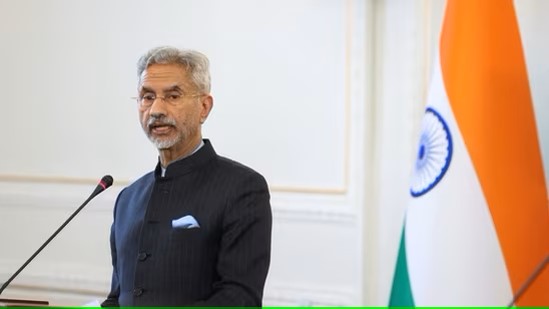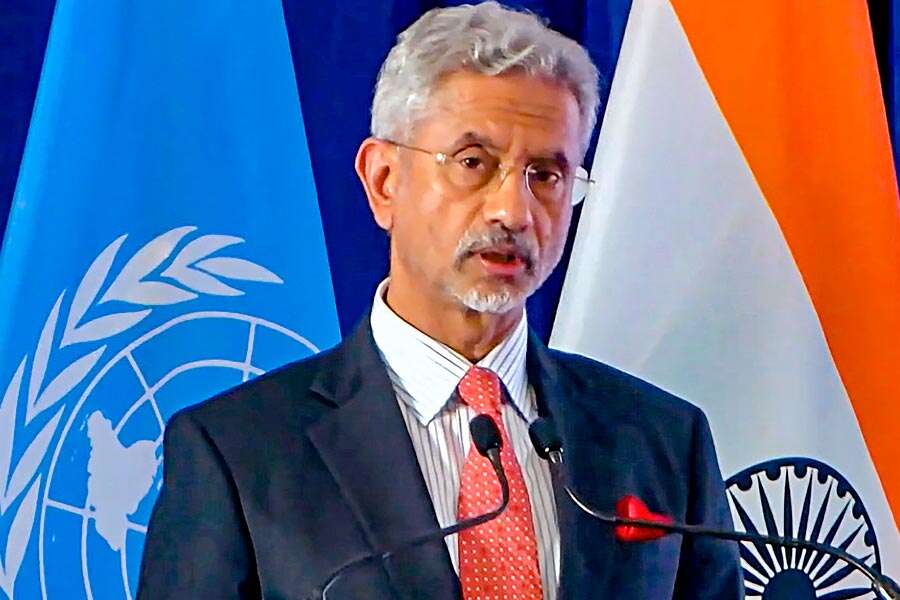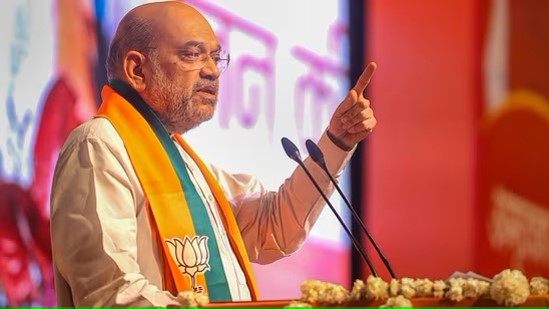At the Munich Security Conference, Indian External Affairs Minister S Jaishankar delivered a diplomatic masterclass, deftly navigating the choppy waters of arms procurement and India’s relationship with Russia. His words resonated not just for their immediate context, but also as a powerful statement of India’s growing agency in a multipolar world.
 Jaishankar acknowledged the historical reality of Western nations, particularly the US, favouring Pakistan in arms sales. This preference, he pointed out, stemmed from the complex geopolitical realities of the Cold War era. However, he emphasized a crucial shift in recent years. India, under his leadership, has undertaken a strategic diversification of its arms procurement, forging partnerships with the US, France, and Israel alongside its longstanding ties with Russia. This move, driven by India’s evolving security needs and a desire to avoid dependence on any single supplier, marks a significant step towards strategic autonomy.
Jaishankar acknowledged the historical reality of Western nations, particularly the US, favouring Pakistan in arms sales. This preference, he pointed out, stemmed from the complex geopolitical realities of the Cold War era. However, he emphasized a crucial shift in recent years. India, under his leadership, has undertaken a strategic diversification of its arms procurement, forging partnerships with the US, France, and Israel alongside its longstanding ties with Russia. This move, driven by India’s evolving security needs and a desire to avoid dependence on any single supplier, marks a significant step towards strategic autonomy.
While acknowledging the West’s valid concerns about Russia’s actions, Jaishankar urged for a nuanced understanding of India’s unique relationship with Moscow. He podkreślił, that India’s historical ties, energy security dependence, and strategic interests in Central Asia necessitate a different perspective compared to Europe’s. He called for mutual respect for these inherent differences, advocating for a non-confrontational approach that recognizes the complexities of the global order and avoids forcing countries into artificial binary choices.
Jaishankar’s address went beyond the mere defence of India’s choices. It served as a powerful assertion of India’s growing influence on the world stage. By outlining its strategic choices in arms procurement and its nuanced approach to Russia, he underscored India’s agency in shaping its foreign policy, independent of established alliances or Cold War baggage. This message resonated in the context of a multipolar world, where the established order is being reshaped and new partnerships are emerging. As India continues to chart its course, its ability to articulate its interests and perspectives clearly, as Jaishankar did in Munich, will be crucial in navigating the complexities of the 21st century.
Jaishankar’s Munich address was more than just a diplomatic dance; it was a strategic declaration. It marked India’s arrival as a major player in the global arena, one that refuses to be confined to pre-defined boxes. As the world grapples with a multipolar order, India’s ability to forge strategic partnerships, advocate for its interests, and navigate complex relationships will be closely watched. The message from Munich is clear: India is no longer a passive observer, but an active participant in shaping the world of tomorrow.




